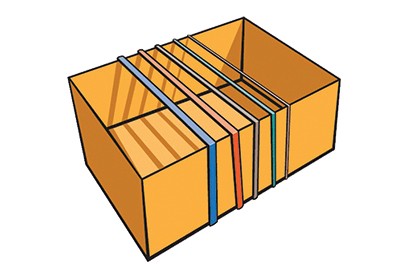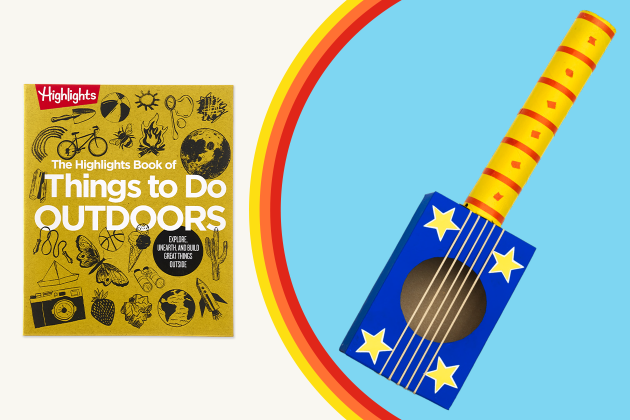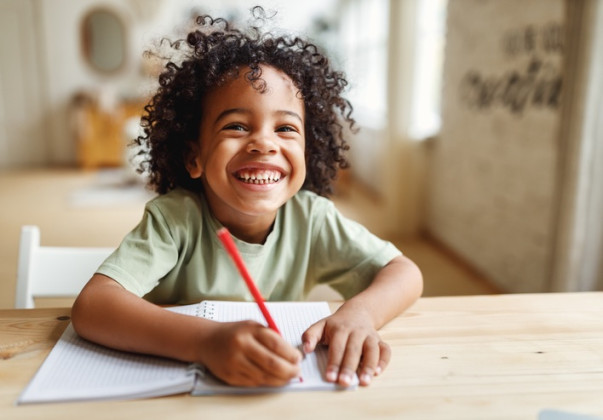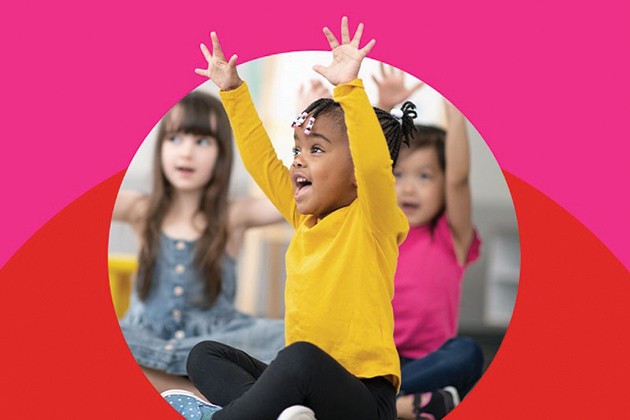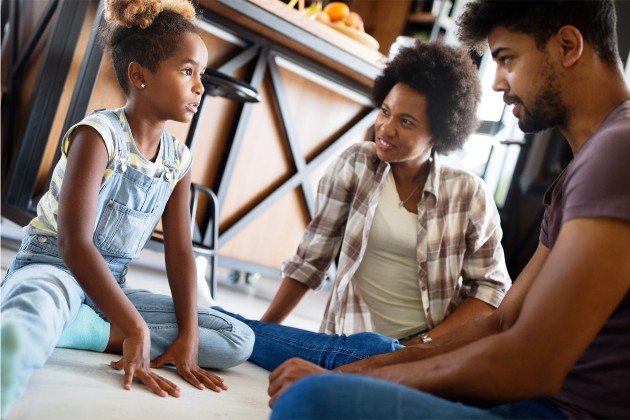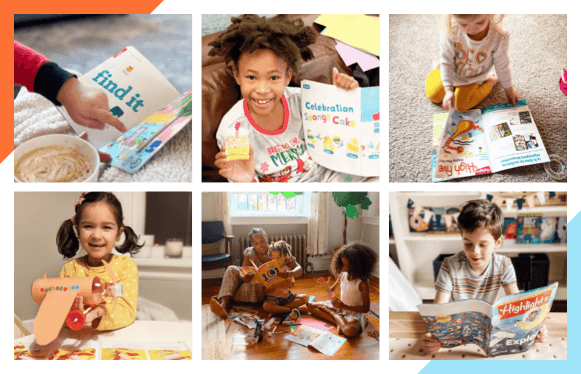8 Get-Along-Great Games for Preschoolers
By: Catherine Holecko
Little kids are always learning, and playtime is no exception. As they interact with each other during play, young children are building important social skills. Big concepts like communication, conflict resolution, cooperation and even self-control are baked right into games and activities like these, designed for small groups. So let’s play!
1. Helping Hands
This is like a slo-mo, no-outs version of tag. Give kids a beanbag, a paper plate or a paper napkin to balance on their heads. Have them walk around the playing area. If the item slips off, they have to freeze. But other players can gently touch frozen ones with their hands to thaw them out and get them back into the game.
What kids learn: Cooperation, self-control
2. Balloon Bop
Inflate a beach ball or a Mylar balloon and challenge kids to work together to keep it aloft, either with their hands or by bouncing it on a parachute, a twin-size sheet or large scarf. (Remember: popped balloon scraps are a choking hazard for kids under age 4.)
What kids learn: Cooperation, communication, self-control, confidence
3. Block Builders
Bring out a set of wooden blocks and encourage kids to work together to create something awesome. They’ll have to share, take turns and problem solve as a team to build the best structure. Or, instead of blocks, have kids put together a large, age-appropriate jigsaw puzzle.
What kids learn: Conflict resolution, cooperation, communication, self-control
4. Monkey See, Monkey Do
This one is super simple and you don’t need any extra playmates—just you and your child. Plus, you can play while waiting in line, riding the bus, eating breakfast and more. All you have to do is make a face or a small movement (like tapping the side of your nose with your finger) and have your child copy you. Then switch roles and let your child lead the way.
What kids learn: Empathy, communication, taking turns
5. Barnyard Buddies
Pick two familiar animals and quietly assign one to each child—half the group are cows and the other half are chickens, for example. Tell the kids to find their buddies by making the sound their animal would make. Then all the cows can gather together into their own little herd, while the chickens make a flock.
What kids learn: Communication, cooperation
6. First Me, Then You
The next time your child suggests an activity—like wanting to color or prepare a simple snack, for example—see if you can make it into a turn-taking exercise. It’s best if you choose something that your child knows how to complete but one that can include some variations. If your child wants to draw a picture, you might say: “Please get the paper. What comes next?” Then it’s your child’s turn to say, “Please get the crayons. What comes next?” You could say, “Choose the first color,” while your child responds with “Draw a house.” Work together until you have a finished work of art!
What kids learn: Cooperation, communication, conflict resolution, self-control
7. Color Chain
Have children walk around a room at home, or a safe and familiar place outdoors, then announce a color. The goal is to find something of that color and touch it—or touch a person touching it! If you said “red,” a child could grab onto a red post on the playground. Then your child can hold hands with the next person who comes along, and that person holds hands with the person after that. Continue until everyone’s connected in one big chain. Then pick another color and play again.
What kids learn: Communication, cooperation
8. Puppet and Puppeteer
Have kids pair up and designate one as the puppet and one as the puppeteer. The puppeteer gives commands for the puppet to follow, and then they switch. Or one child can be a robot and the other their “remote control,” telling them to take one step forward, hop to the side and so on.
What kids learn: Communication, self-control, taking turns
Show kids the joy of learning with our workbooks and activities! They’ll develop fine motor skills and hand-eye coordination with grade-appropriate letter practice, colors, shapes, alphabet memorization, counting and more.

